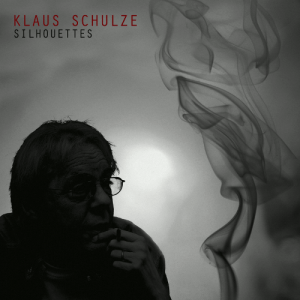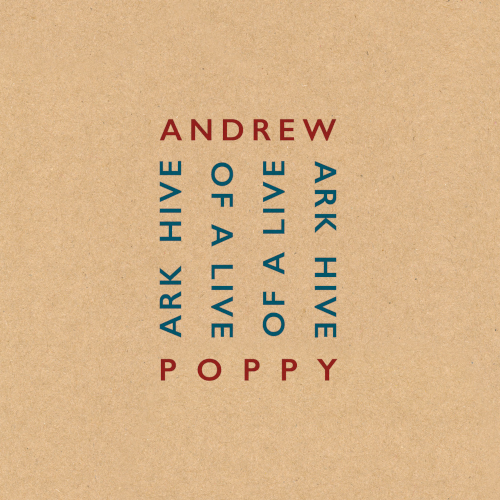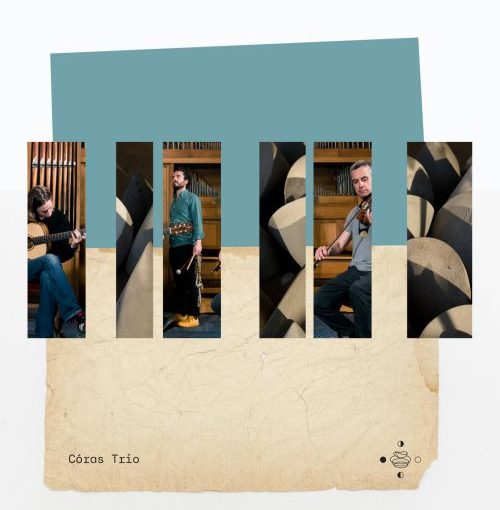 This is Klaus Schulze’s first studio album of new material in five years, after many reissues of his older work. It is both a celebration of him turning seventy and also the artist reflecting on his career while he recovered from an illness that saw him stop live performances for good.
This is Klaus Schulze’s first studio album of new material in five years, after many reissues of his older work. It is both a celebration of him turning seventy and also the artist reflecting on his career while he recovered from an illness that saw him stop live performances for good.
Schulze’s career has gone through the entire ways electronic music can be modified and tweaked. He has engaged in everything from avant-garde atonal pieces to digital click and hum dance music to the sweeping space epics for which he is probably best known. On this album we see him cast an eye over his past and perform a large amount of the music live.
The opening title track begins with some beautiful and haunting synth sounds that hover majestically in the air. Here we see Schulze hint at his early 1970s albums as the vistas painted in the sound are like wide landscapes. There is also a touch of the cosmic within the composition as it seems to drift in some sort of Earth orbit allowing you to survey the ground beneath. This is the kind of thing that Schulze does so well and has been copied a lot over the last few years by artists like Astropilot and Jaja. The music lifts you to something almost otherworldly and spiritual as it caresses the room in which it is being played. When a slight bit of sequencing hits in low in the mix, the piece becomes truly sublime, and here we drift into music that can build planets, like the aural equivalent of an Olaf Stapledon novel.
“Quae Simplex” is full of wonderful overlapping sequencers that bubble and churn like a hot lava pool on some distant world. Big bass notes thunder underneath while lilting synth chords take you even further out there. When the rhythm hits in it reminds me of the Moondawn album in its use of percussion, and also the way it helps build this monumental track. The sound of the synths is rich and lush as they dance around you and spiral out into the ether, and this is a real classic piece of Schulze.
The final track is “Chateaux Faits De Vent”, which opens with ambient-sounding keyboards with low end booming bass that drags you into a decaying orbit. Then the sequencer comes in and saves you from crash landing. Steadily the piece picks up pace, with different rhythms nodding against each other as chords wash the whole thing along gently. It’s a wonderful track to end the album on as its sequences roll along together, something that artists like Cosmic Ground have tried to emulate recently.So in a way this is an album Klaus has made for his audience. Silhouettes certainly pushes all the right buttons for those who have followed him since the 1970s. It’s expansive and just has all those elements that make classic Schulze: it’s almost as if he sat down and decided to explore his own cosmic universe to say thank you to the fans who have stuck by him for so long. For me, it ticked all the right boxes, and Silhouettes is an album of wondrous delight that slowly unfurls over its running time. It’s an album where you want to sit and watch the planets across the firmament on a warm summer’s evening. I’m hoping that we don’t have to wait another five years for his next work, and that Klaus Schulze carries on giving us music that sparks our imaginations and take us somewhere unique.
-Gary Parsons-



